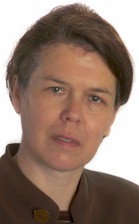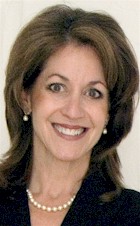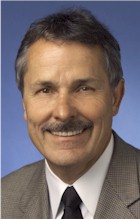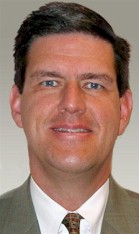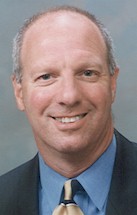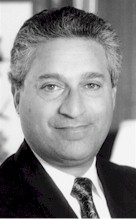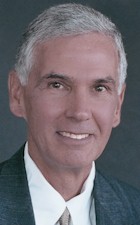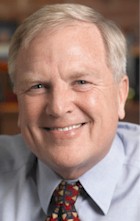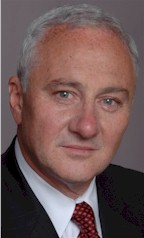
Prior to starting my health spa consulting firm, I was the spa director for glamorous celebrity filled world renowned spas. Being a director of a spa encompasses a myriad of responsibilities, most important of which may be the personal meeting and greeting of guests utilizing the facility. Of course, guest service and care is vital to the success of a spa, and if your spa caters to a sophisticated market, then meeting these guests' expectations can be a bit more challenging. But, has anyone ever revealed what really goes on inside a spa? Here's a peek at some of my experiences behind those tightly closed doors, no names, of course! READ MORE


